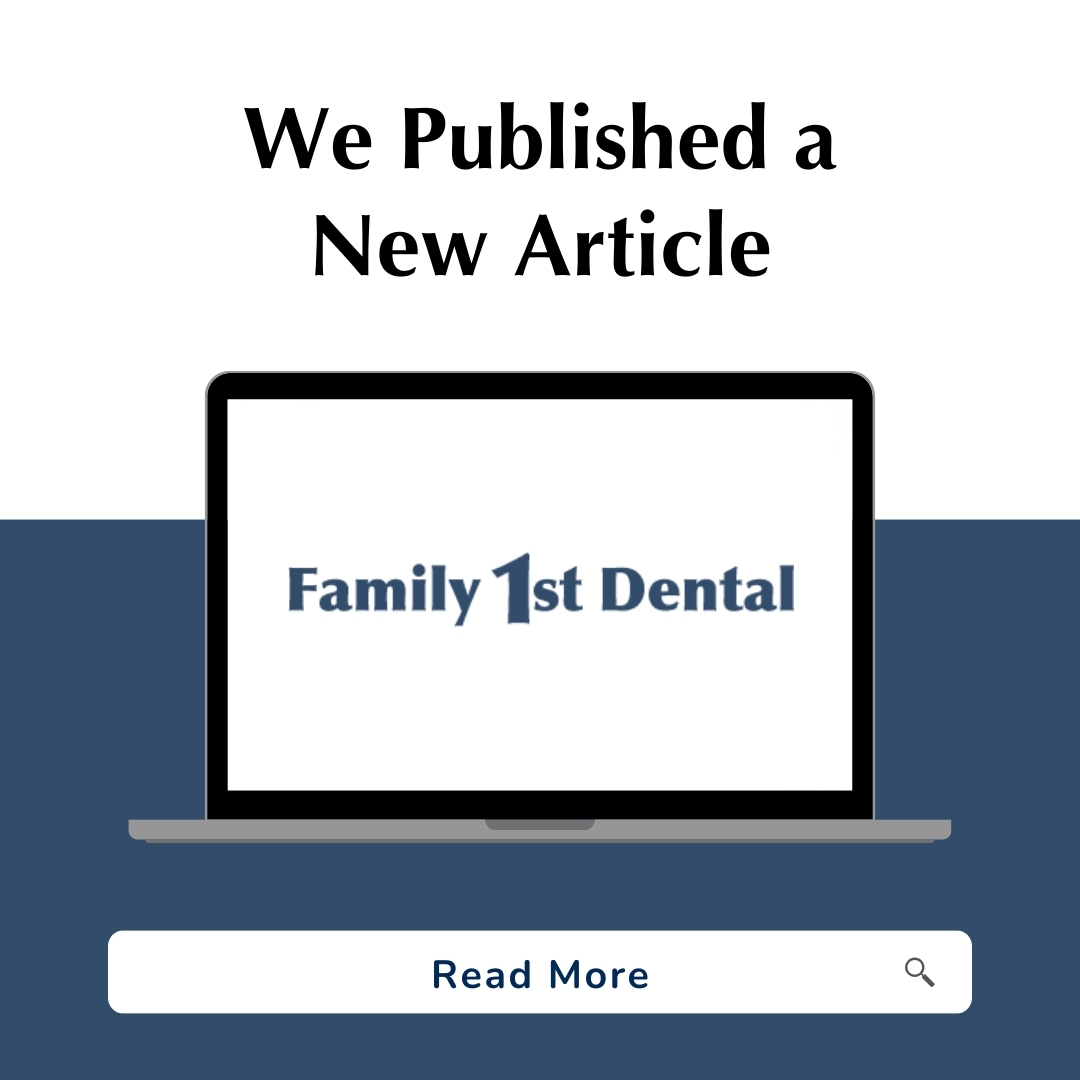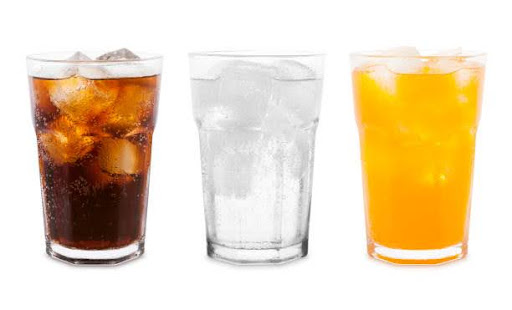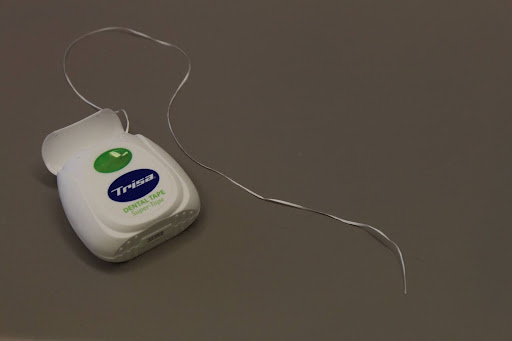
Sports and energy drinks are often touted as essential for maintaining energy levels during physical activities. However, the truth is, these seemingly harmless beverages can wreak havoc on your dental health. As your trusted Dentist in Randolph, Family 1st Dental wants to shed light on the potential dangers lurking in these popular drinks.
Despite their popularity, sports and energy drinks are not as healthy as many believe. With up to 62 percent of children and 30 to 50 percent of teenagers regularly consuming these beverages, it’s crucial to understand their detrimental effects on teeth. The danger lies not only in their sugar content but also in their acidity, which can begin damaging tooth enamel in as little as five days of regular consumption.
The consequences for oral health are alarming. These drinks can erode tooth enamel, increasing the risk of cavities and tooth decay. Continuous sipping during exercise prolongs exposure to the acids and sugars in these beverages, making teeth more vulnerable to decay and sensitivity.
However, all hope is not lost. There are steps you can take to safeguard your oral health. Opting for water as your primary hydration source is the best way to prevent the negative effects of sports and energy drinks. If you do indulge, rinse your mouth with water afterward and refrain from brushing immediately to avoid exacerbating enamel erosion. Checking ingredient labels for high acid and sugar content is also advisable, particularly if you already have dental issues.
Remember, your overall health, including oral health, is paramount. While sports and energy drinks may seem like convenient options, there are plenty of healthier alternatives available. Consult with your Dentist in Randolph about preventive care measures to maintain a lasting, radiant smile. Your oral health is worth preserving, so make informed choices for a brighter, healthier future.













